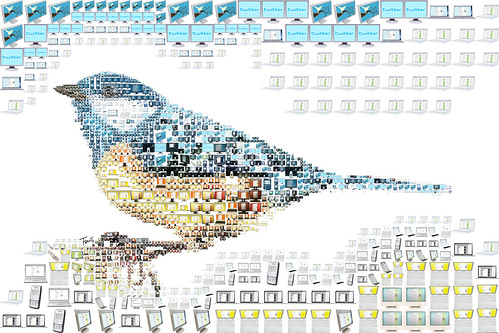Course delivery included flexible scheduling for mornings or afternoons, five-days per week, with approximately 30-weeks required for full completion of diploma courses. Traditional classroom lectures were provided optional online activities, MyLabs exercises, and online quizzes, in addition to in-person proctored exams and group projects.
I also served as LMS Champion and Scheduler to move course delivery away from paper textbooks to the use of online e-Textbooks, LMS Course Outlines, and integration with Apple iPad devices. In the span of 300-days, over 90% of training programs were successfully transitioned into a fully online resource environment, and maintained compliance with provincial legislation.
Overall, our e-learning developments connected with over 3,000 students per year in the Alberta region, and thousands more across the nation. In Calgary, we also developed on-site group networking activities and work simulations: we partnered students with real-world business partners and developed training projects to showcase their work to local organizations. Yearly, four out of five students gain employment in their field of interest immediately upon completing their training and program requirements.
















































